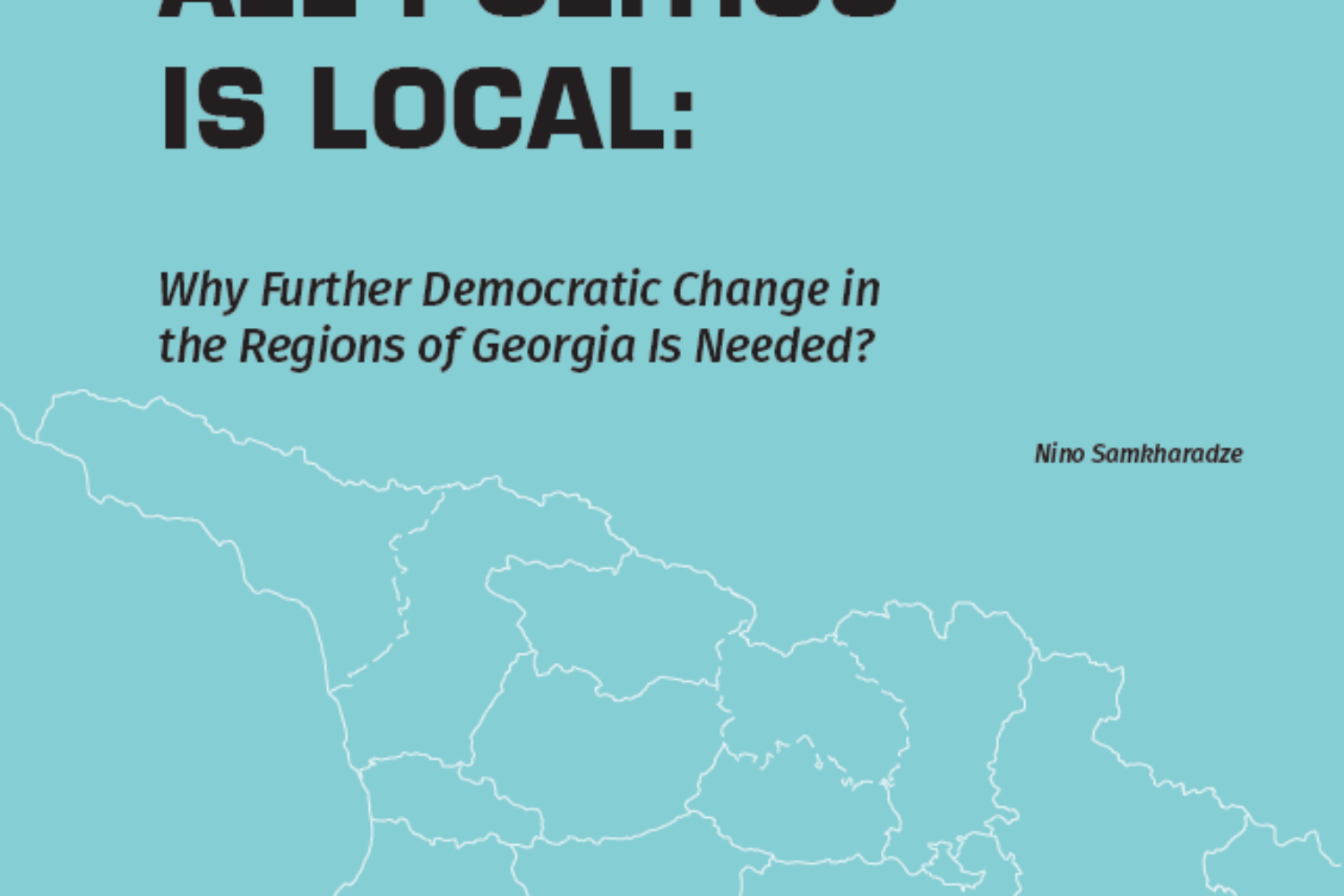2024-09-04 11:58:05
The 2024 parliamentary election in Georgia is viewed effectively as a referendum and thus critical for what lies ahead, defining society’s position on the country’s European future and integration. This vote is particularly significant given the accelerated decline in democracy under the Georgian Dream government, which has created an imminent threat to the Georgia’s European aspirations. Society has responded strongly to this disturbing escalation in polarization which has been exemplified by the ruling party’s adoption, amid widespread public protest, of the controversial law “On the Transparency of Foreign Influence”. Despite weeks of demonstrations on the streets, Georgian Dream has persisted in anti-democratic actions, underscoring the ruling party’s determination to retain power by any means necessary. These developments are threatening not only Georgia’s democracy, but its constitutionally declared aspiration to become the member of EU, which, according to the EU officials, is currently the frozen issue (Herczyński 2024).
This is why the parliamentary elections in October have acquired exceptional significance (Zurabishvili 2024a). The Georgian population is called upon to not only elect a parliament and government, but also to reaffirm, at a fundamental level, commitment to the country’s democratic and European development. At this juncture, it is crucial to engender the broadest possible trust in alternative pro-European political parties in order for society to consolidate Georgia’s democratic future. It is considered that, traditionally, politics in Georgia are centered mainly in the capital, although more than 70% of the population are registered in the regions and vote outside of Tbilisi. Therefore, political parties must undertake significantly stronger and more effective efforts in the regional areas – big cities, smaller urban and rural settlements of Georgia – beyond their past practice, to safeguard the country’s democracy and ensure its European future. Accordingly, this policy brief, based on demographic and analytical data as well as expert interviews, starts by examining the key characteristics of political behavior in the regions. It then outlines three strategies that are essential for regional engagement, analyzed through the “how, who, and what” framework. The essay concludes with pertinent recommendations for political parties.
Key words: parties in regions; elections in the regions; politics in the regions; 2024 elections




